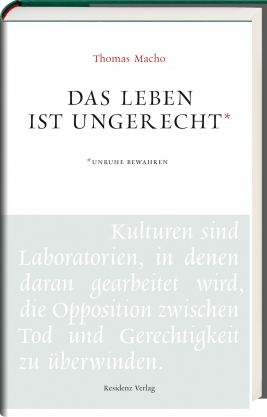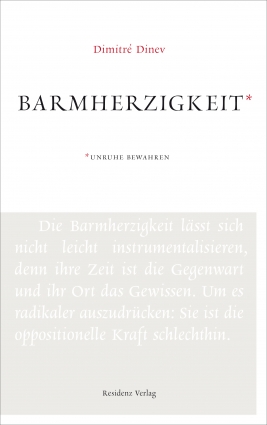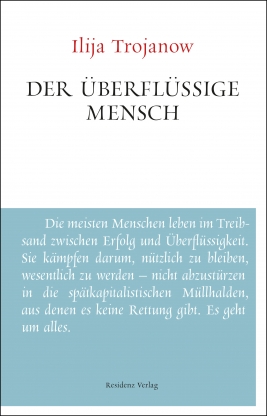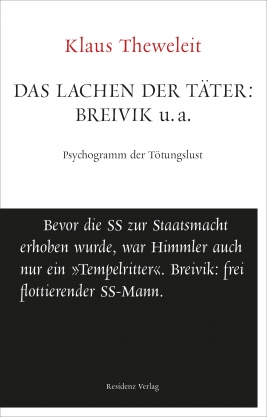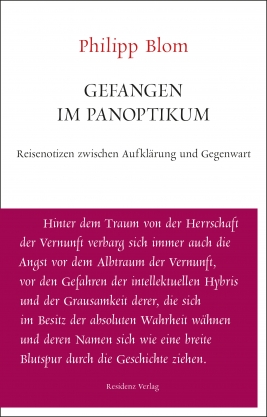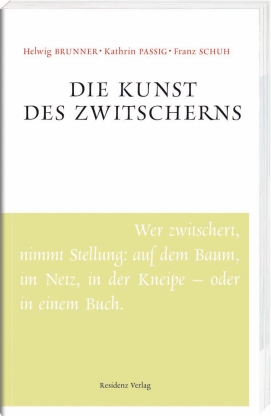
Franz Schuh Kathrin Passig Helwig Brunner Thomas Macho (Foreword by) - The Art of Twittering
Ein Thema, drei Blickwinkel: Wovon Poeten, Twitterer und Schluckspechte reden, wenn es ums Zwitschern geht.
The whole world is buzzing and tweeting, in one way or the other, and this is what this book is about. Franz Schuh, a masterful essayist, looks deeper into the existence of boozers and their veering between the utopia of autonomy and the reality of dependency, proofing that suffering and depravation have a great say in who or what humans are. And if Twitter really played a crucial role in the Arab Spring uprisings, there must be more to it than empty tweeting, right? asks Kathrin Passig. And finally, the question on the links between poetry and birds’ twittering is answered by a double expert: Helwig Brunner is both one of the most important young poets in the German-speaking world and a keen ornithologist.
Book details
from the series "Keeping Uncalm"112 pages
format:140 x 220
ISBN: 9783701715954
Release date: 11.09.2012
License rights
- World rights available






